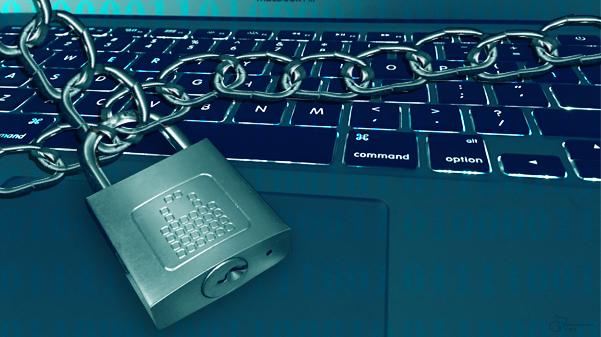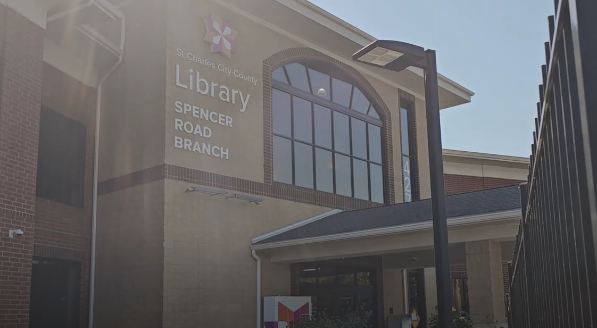LINDSEY FIALA | Online Editor
The Lindenwood IT department is going to host free events throughout October in support of the national cyber security awareness month.
IT will reward students and staff for participating in raising awareness to the dangers that come from a lack of cyber security.
All month, the IT department is encouraging students and staff to send them phishing emails they have received to [email protected]. For every email that is sent in, that person’s name will be entered in a drawing for a $10 Starbucks gift card. Drawings will take place once a week and at the end of the month, all the names will be put into a drawing for a $25 Starbucks gift card.
This past week, all students and staff were prompted to change their passwords for their Outlook accounts. Everyone is encouraged to make long, challenging passwords.
According to the National Institute of Standards and Technology, passwords should be made up of a long sequence of words, also known as passphrases.
“These make it harder for computers to crack this kind of stuff because it’s longer, but makes it easier to remember,” Assistant Vice President of IT Joe Zitta said. “With the old passwords it would be like @550wrd for passwords and those are kinda hard to remember but easier for computers to crack.”
According to Zitta, IT will require all students and staff to change their passwords once a year.
There will be a “phishing cake celebration” Oct. 9 in the LARC from 11 a.m. until 1 p.m. to provide students the opportunity to talk with the IT department about any concerns they have regarding cyber security and answering questions about anything else.
On Oct. 16 at 1 p.m. IT will be hosting a training session in LARC 309 about avoiding malware, phishing, spoofing and social engineering attacks. Registration is required to attend this training.
“[Hackers] are making emails look like they are coming from the right people and from the right source and they want you to click on it,” Zitta said. “We try to stress to people as much as we can, we won’t ask for your password so if you are getting something that says click here and login, that’s not right.”
The IT department has several security measures in place to keep students’ and staffs’ email accounts safe.
All computers on campus are equipped with antivirus software to help protect students while they are online.
They are also continuing work with the Trend Micro system, which blocks suspicious emails from entering email inboxes. According to Zitta, Trend Micro is blocking about 1 million phishing emails a month from Lindenwood email accounts.
The system will also check links and advise users whether they should be following that link or not.
Zitta said the main warning signs of a phishing email is if it is written with urgency or if it is coming from an outside source.
“If you were not expecting the email, it might even be worthwhile to email that person who sent it to ask why did you send this to me?” Zitta said. “If it has an attachment that you weren’t expecting, you might want to think twice about [opening it].”
According to Zitta, the IT department will continue to implement new technologies to keep students and staff safe.
“We are hoping that this [month] is raising awareness that there are bad people out there that are trying to get your contact information,” he said. “Guard that stuff and don’t let that out.”









